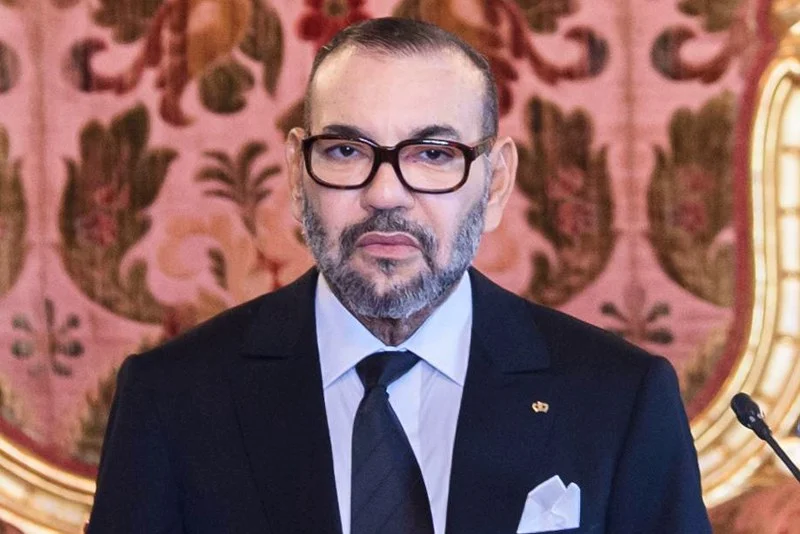
Morocco’s leadership on climate action and migration management has been widely praised during the 9th Tokyo International Conference on African Development (TICAD-9), which concluded in Yokohama.
African and Japanese leaders commended the kingdom’s proactive approach in shaping continental strategies to address pressing challenges.
The summit placed a spotlight on Morocco’s initiatives championed under King Mohammed VI, aimed at strengthening Africa’s resilience against climate change, managing migration more effectively, and fostering sustainable development. Leaders acknowledged Morocco’s efforts in building collective mechanisms to tackle shared concerns across the continent.
Among the key initiatives lauded were the three African Commissions established during the African Action Summit: the Sahel Commission, the Congo Basin Commission, and the Island States Commission.
Launched at the initiative of the Moroccan sovereign, these bodies are now regarded as vital instruments for amplifying Africa’s voice in international negotiations and directing climate finance towards projects tailored to regional needs.
The African Agriculture Adaptation Initiative (AAA), introduced in Marrakech at COP22 in 2016, was also highlighted for its role in boosting agricultural resilience. The program focuses on sustainable soil management, developing irrigation systems, and facilitating access to climate finance, with the aim of shielding farmers from escalating environmental disruptions.
In terms of migration governance, the African Migration Observatory—established in Rabat in 2020 following its adoption by the African Union in 2018—was recognized as a crucial tool for providing reliable data on migration flows and fostering greater regional and international cooperation.
Japanese Foreign Minister Takeshi Iwaya also used the occasion to reaffirm Tokyo’s stance on the Sahara issue, clarifying that Japan does not recognize the Polisario Front and had not invited the movement to participate in TICAD-9. He stressed that its presence was facilitated by the African Union and does not alter Japan’s long-standing position of non-recognition.
Through its climate and migration policies, Morocco continues to assert itself as a driving force for collective solutions across Africa, while reinforcing the credibility of its diplomacy on the global stage.



